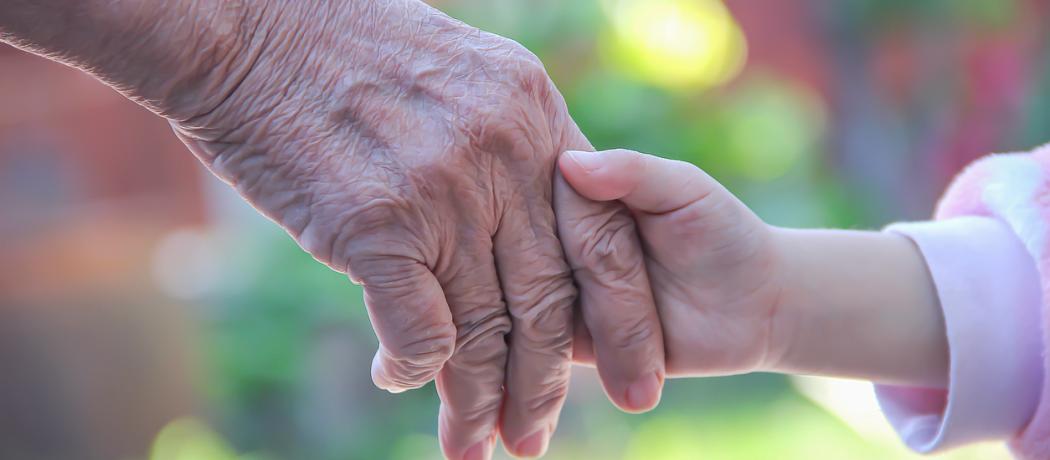As a COVID-19 security measure, many mothers, grandmothers, and great-grandmothers have been isolated in nursing facilities and care homes until very recently. They have suffered the worst of social isolation. My heart was with them and their families. So on this Mother’s Day, Sunday 9 May, I will remember my mom, who died in 1992, but I will also raise my glass in celebration of the mothers of our mothers.
I never knew my grandfathers—both died before I was born—but I was very close to my grandmothers in my youth. Both were born in the 1860s and both became widows early in their married lives. According to the then traditional Hungarian custom, both wore black during their whole life of widowhood. They were very good friends. Supporting each other, they survived the horrors of a concentration camp in Bergen Belsen, 1944–1945.
My father’s mother married in the 1870s and had three sons. Together with my grandfather she managed a wholesale food store, which went bankrupt during the European economic crisis in the mid-1920s. That was when my grandfather died and she moved in with us. She looked after my brother and me—got us ready for school in the morning, checked if we did our homework in the afternoon, put us on the road at 5 a.m. when we went to a boy-scout or cub-scout excursion. She and a maid (another Hungarian tradition of the times) cooked for the family and looked after the washing and darning of clothing. She never interfered with my parents; she kept quiet and stayed in the background. My maternal grandmother also married young. She married Dr Widder, a graduate of the Budapest Medica School, who spent 4 years in Berlin as a resident at a German hospital, then became famous for pioneering orthopaedic surgery, including early attempts at hip replacement surgery. In 1902 he opened his orthopaedic practice in Budapest. In 1904 my mother was born. In 1910 my surgeon grandfather died of septiciemia following a minor accident in the operating room. My widowed grandmother’s family were quite well-to-do people who helped her out while raising my mom, who was only 6 when her father died.
Whereas my father’s mother was my hands-on working grandmother, my mother’s mother was my fun grandmother. She was socially active, a modern woman of her times. I just loved her and often stayed with her in her spacious apartment.
My parents and grandmothers sheltered us from the very terrible times of the early 1940s. There was the war and the Holocaust, the horrors of which at the time were not only not known, they were never even imagined. There was political unrest and the secret police were taking people away during the night, some never to appear again. But we, the children (I was an immature 10–12 year old) were kept in the dark about the world around us. One night around 3 a.m. my brother and I woke to screaming coming from my grandmother’s room. We jumped out of bed and ran see her in her nighty, screaming and tearing at her hair. News just came that her younger son, my uncle, was taken away during the night. As it turned out he was released after a few days, and I still remember the huge celebratory lunch that the two grandmothers put on for the extended family.
My father’s mother died in 1945 when I was 16 years old, but my mother’s mother lived on. She died in 1959, 12 years after I left Hungary. By then I was already a Canadian, a doctor, married with two children. From the start, our children had the grandparently love of my wife’s parents, and then the love of my parents after they arrived in Canada in 1960. They also had the love of a Canadian pioneer great-grandmother on my wife’s side, but of course they never met the two great-grandmothers who shaped much of who I am today.
A tearful loving toast to all mothers, grandmothers, and great-grandmothers on 9 May.
—George Szasz, CM, MD
This post has not been peer reviewed by the BCMJ Editorial Board.

